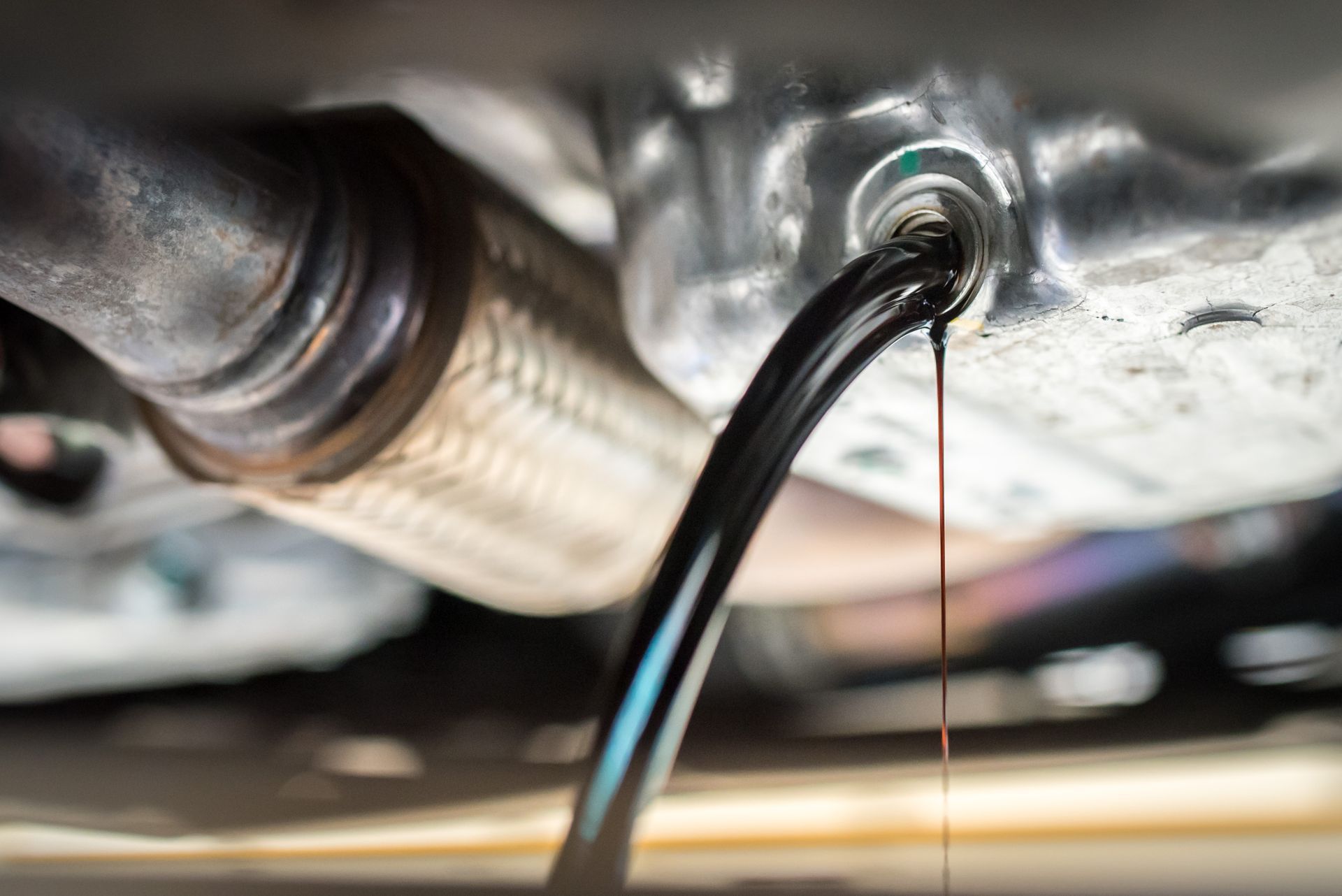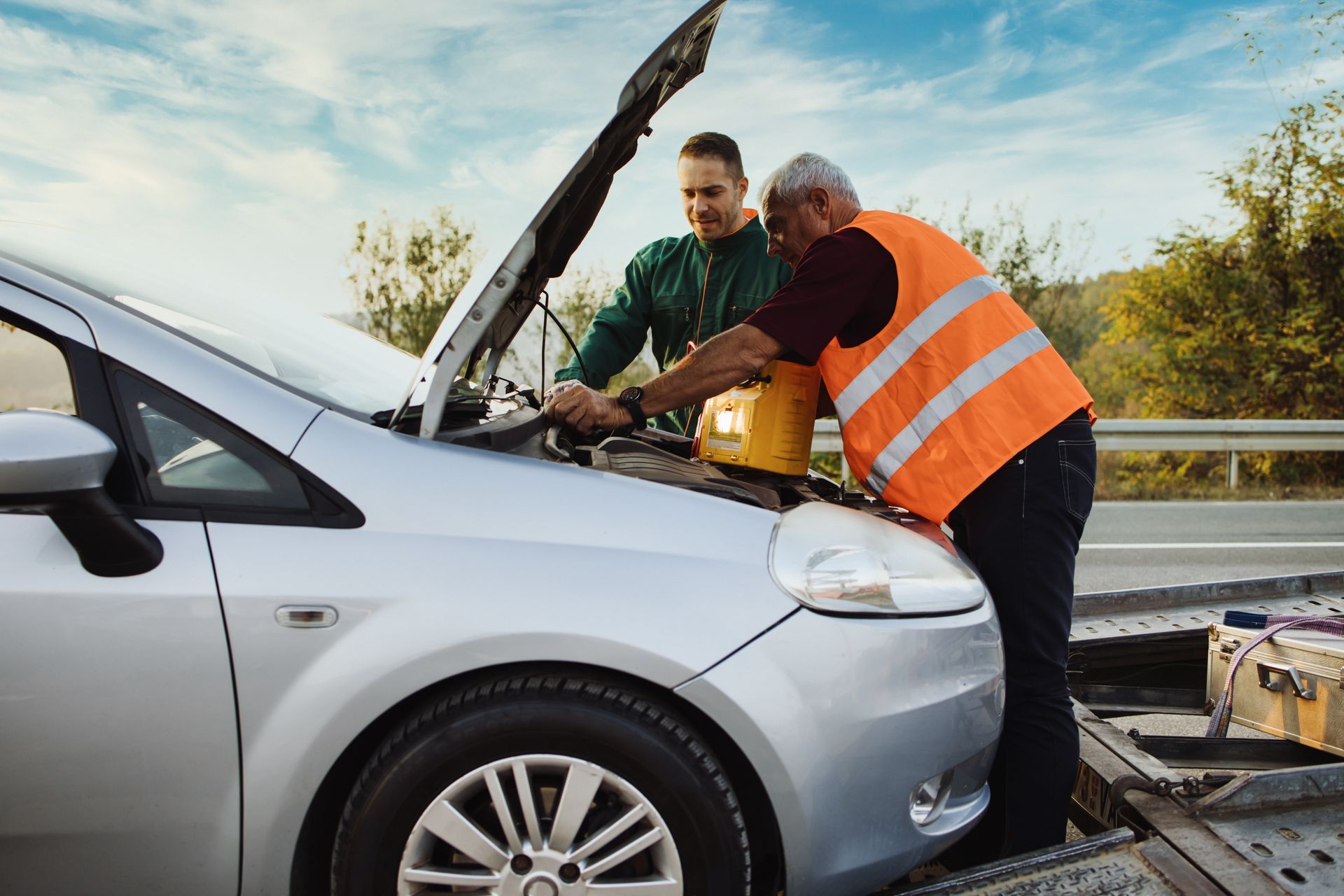When your engine starts acting up, it’s not just an inconvenience, it’s a warning sign that something critical may be failing. For Sarasota drivers, where hot, humid weather already puts added stress on vehicles, paying attention to early signs of engine trouble can make all the difference between a minor repair and a major breakdown.
At Dave’s Auto Repair, we’ve been helping local drivers keep their vehicles running smoothly for years. From routine auto maintenance to complex engine repair, our ASE-certified technicians know exactly what to look for when it comes to diagnosing problems before they escalate.
Let’s break down the most common signs you may need engine repair in Sarasota—and why it’s best to take them seriously.
Why Sarasota Conditions Are Tough on Engines
Sarasota’s climate is beautiful for residents and visitors alike, but the heat, humidity, and salty coastal air create tough driving conditions.
- High heat puts extra pressure on cooling systems and engine oil.
- Stop-and-go traffic in busy areas like downtown Sarasota or near Siesta Key can reveal engine weaknesses sooner.
- Salt air accelerates corrosion in electrical systems and undercarriage components.
These conditions mean Sarasota drivers should be extra proactive with regular check-ups, fluid services, and inspections at a trusted local shop like Dave’s Auto Repair.
Dashboard Warnings You Can’t Ignore
Today’s vehicles are designed to warn you before things go from bad to worse. Ignoring dashboard alerts is one of the fastest ways to turn a repairable problem into a costly engine rebuild.
Check Engine Light (CEL)
- A steady light indicates a fault that needs attention soon, such as a sensor issue or emissions-related problem.
- A flashing light is far more serious, usually signaling a misfire that can damage the catalytic converter. In this case, slow down, pull over safely, and have the vehicle towed for professional diagnosis.
Oil Pressure Light
The oil pressure warning means your engine isn’t receiving the lubrication it needs. Driving even a few miles in this condition can cause catastrophic internal damage.
Temperature Gauge or Warning Light
An overheating engine can warp cylinder heads, blow head gaskets, or even crack the block. If the gauge spikes or the light comes on, stop driving immediately and call for assistance.
Sounds, Smells, and Vibrations: What Your Senses Tell You
Sometimes, your senses are the best diagnostic tools. If your vehicle suddenly sounds, smells, or feels different, it’s worth scheduling an inspection.
Knocking or Pinging
A metallic knocking under acceleration could mean improper combustion (detonation) inside the cylinders. This condition stresses pistons, bearings, and other internal parts.
Rough Idle or Hesitation
Shaking, stumbling, or hesitation during acceleration often points to a misfire. Misfires not only affect performance but also risk long-term damage to your engine and emissions system.
New Smells
- A sweet, syrupy smell may indicate a coolant leak.
- A burnt odor can be a sign of oil dripping onto hot engine parts.
- A strong fuel smell may mean a leak or overly rich fuel mixture.
Smoke Signals from the Exhaust
Pay attention to what’s coming out of your tailpipe, it often reveals the health of your engine.
- Blue smoke: Burning oil, often from worn piston rings, seals, or valve guides.
- White smoke: Persistent white smoke usually signals coolant entering the combustion chamber, often due to a blown head gasket.
- Black smoke: Too much fuel is being burned, possibly from a faulty sensor, leaky injector, or air intake issue.
The Role of Fluids in Diagnosing Engine Trouble
Fluids don’t just keep your engine running, they also tell a story about its condition.
- Milky oil can mean coolant is mixing with oil, a classic head gasket failure sign.
- Metal flakes in oil suggest internal wear that needs immediate professional attention.
- Coolant loss without visible leaks could point to internal engine problems.
At Dave’s Auto Repair, our technicians don’t just top off fluids, they inspect for underlying problems that may be hiding behind those symptoms.
When It’s Safe to Drive and When to Tow
Not all engine issues require an immediate tow, but some absolutely do.
It may be safe to drive short distances if the check engine light is steady and the car feels normal. However, always have the vehicle checked as soon as possible.
Pull over and arrange a tow if you notice:
- A flashing check engine light
- Engine overheating or steam
- Oil pressure warning
- Loud knocking or severe vibration
- Repeated stalls or sudden power loss
In these cases, driving even a short distance risks turning a repair into a replacement.
What a Professional Engine Diagnostic Includes
At Dave’s Auto Repair, our ASE-certified technicians use advanced tools and proven methods to uncover the root cause of engine issues. A typical diagnostic may include:
- OBD-II scanning to pull error codes and freeze-frame data.
- Live data review for fuel trims, misfire counters, temperature readings, and sensor outputs.
- Mechanical tests such as compression or leak-down to identify internal wear.
- Cooling system pressure tests to detect leaks and evaluate radiator, water pump, and thermostat function.
- Smoke testing for vacuum or EVAP system leaks.
- Fuel delivery checks to verify pump output and injector balance.
This comprehensive approach ensures you get accurate answers—and only pay for the repairs you truly need.
Preventing Engine Trouble: Sarasota Maintenance Tips
The best way to avoid engine repairs is through proactive care. Sarasota’s climate demands diligence.
Follow Factory Service Intervals
Stick to your manufacturer’s maintenance schedule for oil changes, spark plugs, coolant flushes, and other services.
Use the Correct Oil
Modern engines require specific oil grades and additives for variable valve timing, turbochargers, and emissions systems.
Protect the Cooling System
Old coolant loses its protective qualities. Routine flushes and inspections keep overheating at bay.
Avoid Floodwaters
Florida storms can leave roads submerged. Driving through standing water risks hydrolock, which can instantly destroy an engine.
Watch for Corrosion
Sarasota’s salty coastal air accelerates rust. Rinsing your undercarriage periodically and keeping electrical grounds clean can extend the life of your vehicle.
Why Choose Dave’s Auto Repair for Engine Services?
When you choose Dave’s Auto Repair, you’re getting more than just a repair shop—you’re choosing trusted experts who care about your car’s longevity and your family’s safety.
Here’s why Sarasota drivers rely on us:
- ASE-certified technicians with years of experience.
- State-of-the-art diagnostic equipment.
- Transparent, honest communication—we explain what’s wrong and why.
- Specials and discounts to make car care more affordable.
- A full range of auto services beyond engines, from brakes to A/C repair.
Final Thoughts
Your engine is the heart of your vehicle. When it shows signs of trouble—whether it’s a dashboard warning, strange noise, unusual smell, or performance issue, don’t wait until the problem becomes catastrophic. Sarasota’s climate puts extra stress on vehicles, making timely inspections even more important.
If you’re noticing symptoms of engine trouble, contact the trusted professionals at Dave’s Auto Repair. We’ll run a thorough diagnostic, explain your options clearly, and get you back on the road with confidence.
Call us today at (941) 239-2922 to schedule your engine inspection or repair. Your car deserves the best—trust Sarasota’s local experts at Dave’s Auto Repair to keep it running strong.






